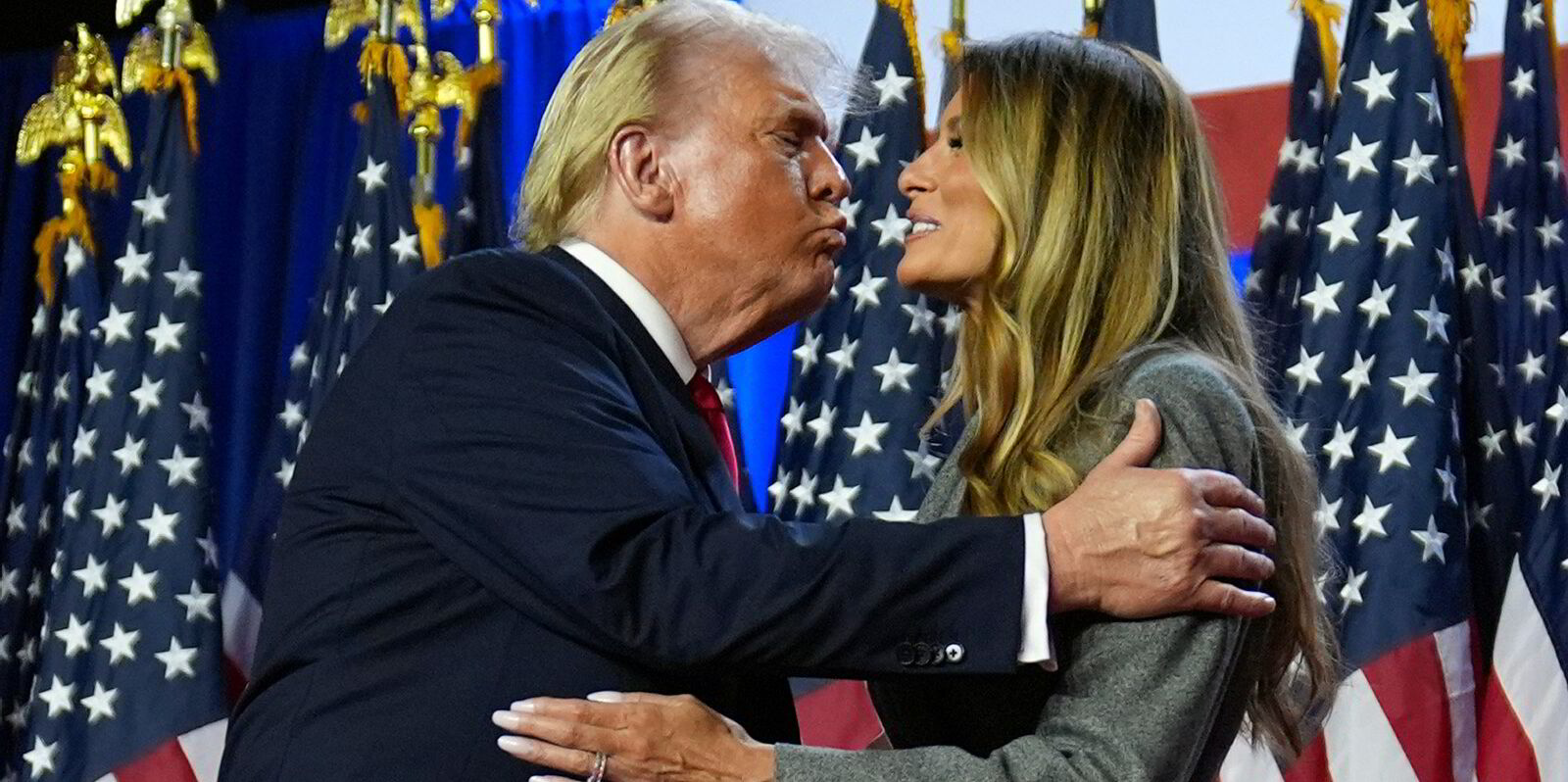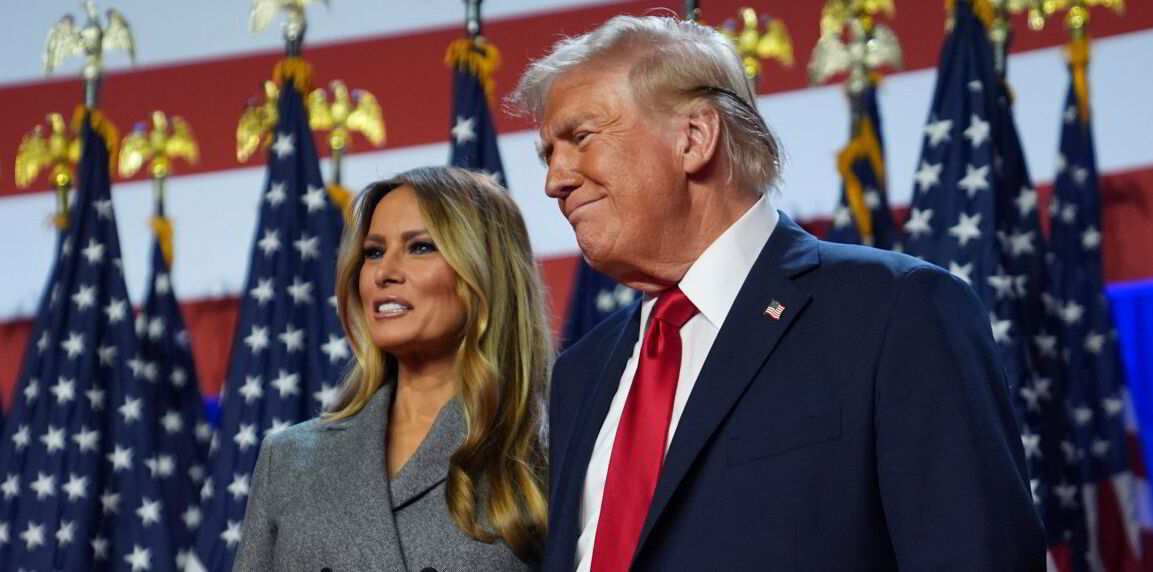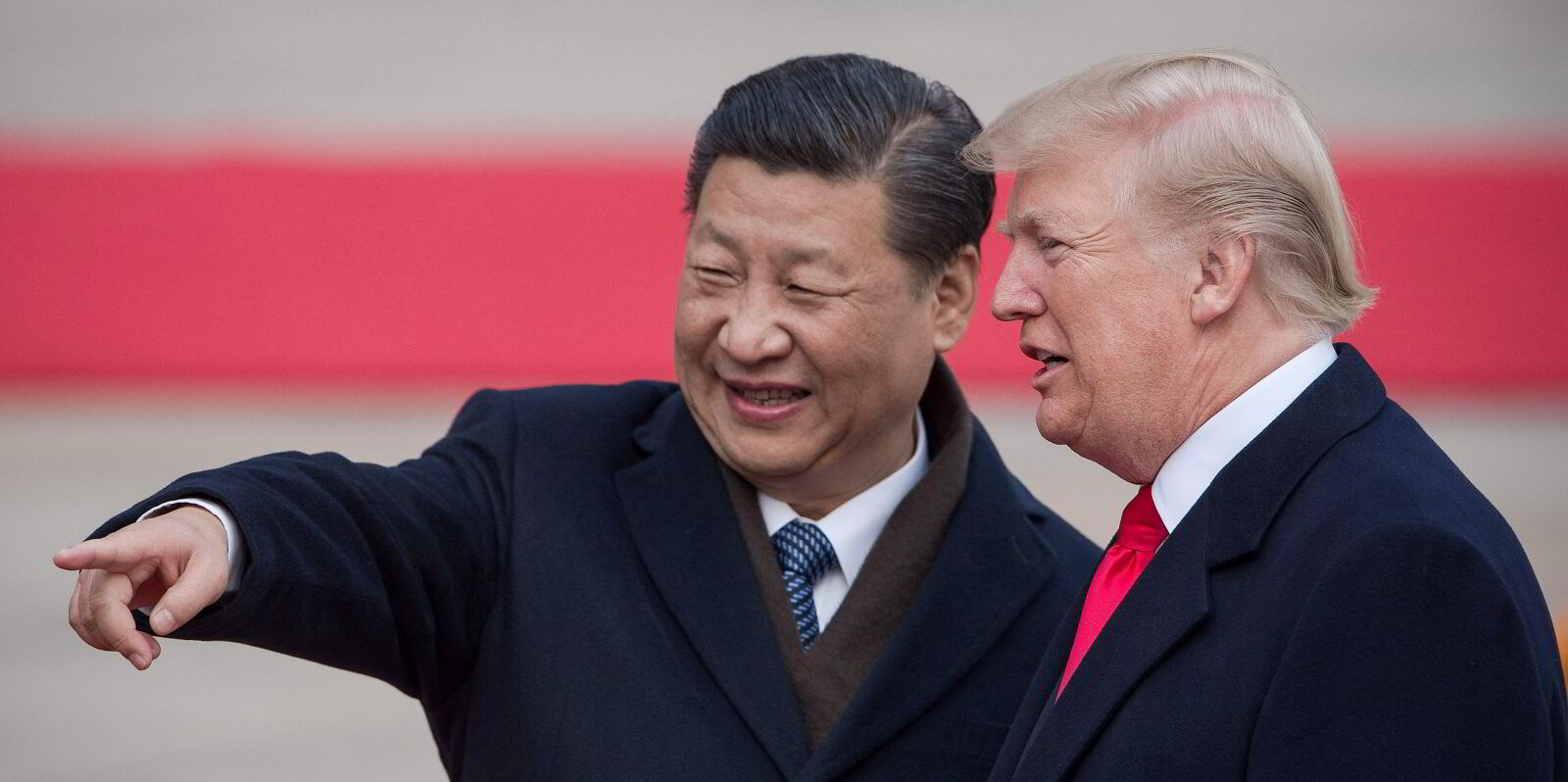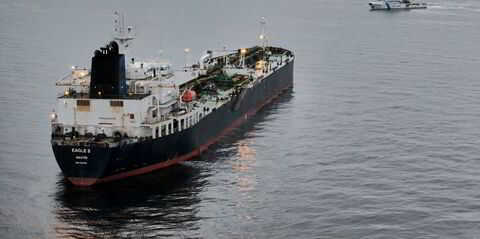So he’s back — and vowing to fix everything.
Donald Trump’s sweeping victory in the US presidential elections gives him a powerful mandate for the next four years, far beyond pollster predictions in the run-up to the vote.
For once, his victory speech hyperbole about the most incredible political win might not be wide of the mark.
He will be looking to leave a legacy in his second term of office having had four years to chew on his 2020 defeat.
The likely Republican control of the Senate and the House will allow him to govern with the brake off. Supercharged Trump politics — “Maganomics” as he likes to call it — will have a significant knock-on effect on shipping.
Trump’s isolationist agenda of imposing tariffs on trading partners threatens the globalisation of the past 40 years. Having initially talked of 10% tariffs on imported goods, he has now been referring to 20% and 60% on Chinese imports.
He has proposed the phase-out of the US import of Chinese electronics, steel and pharmaceuticals over his four-year term.
Trump won’t be able to fulfil his campaign promise to end the Ukraine war in a day. But this clear election result will have a major impact on the conduct of the war and the oil trade that has been hugely disrupted for more than two years.
The biggest impact on Russian oil flows was not down to the US. Instead, the European Union’s decision to ban Russian imports shifted global oil flows, with tankers travelling further and countries like India, China and Turkey stepping in to fill the gap.
But it was a US-led initiative to limit the impact on global oil prices that brought in the oil price cap scheme.
It added huge complexity and contributed to the growth of a parallel system of “shadow” shipping to service one of the world’s largest exporters.
Trump is not a man for policy detail and resolving the intricacies of the price cap scheme doesn’t easily fit with his broad campaign theme of “Make America Great Again”.
But it’s hard to argue with former Russian president Dmitry Medvedev who said a Trump victory would be bad news for Ukraine.
Ukraine has consistently pushed for more sanctions and a lower price cap price that has not changed since it was first introduced in December 2022.
Ukrainian President Volodymyr Zelenskyy sent his congratulations to Trump on his victory and highlighted strong bipartisan support for his country’s campaign against Russia.
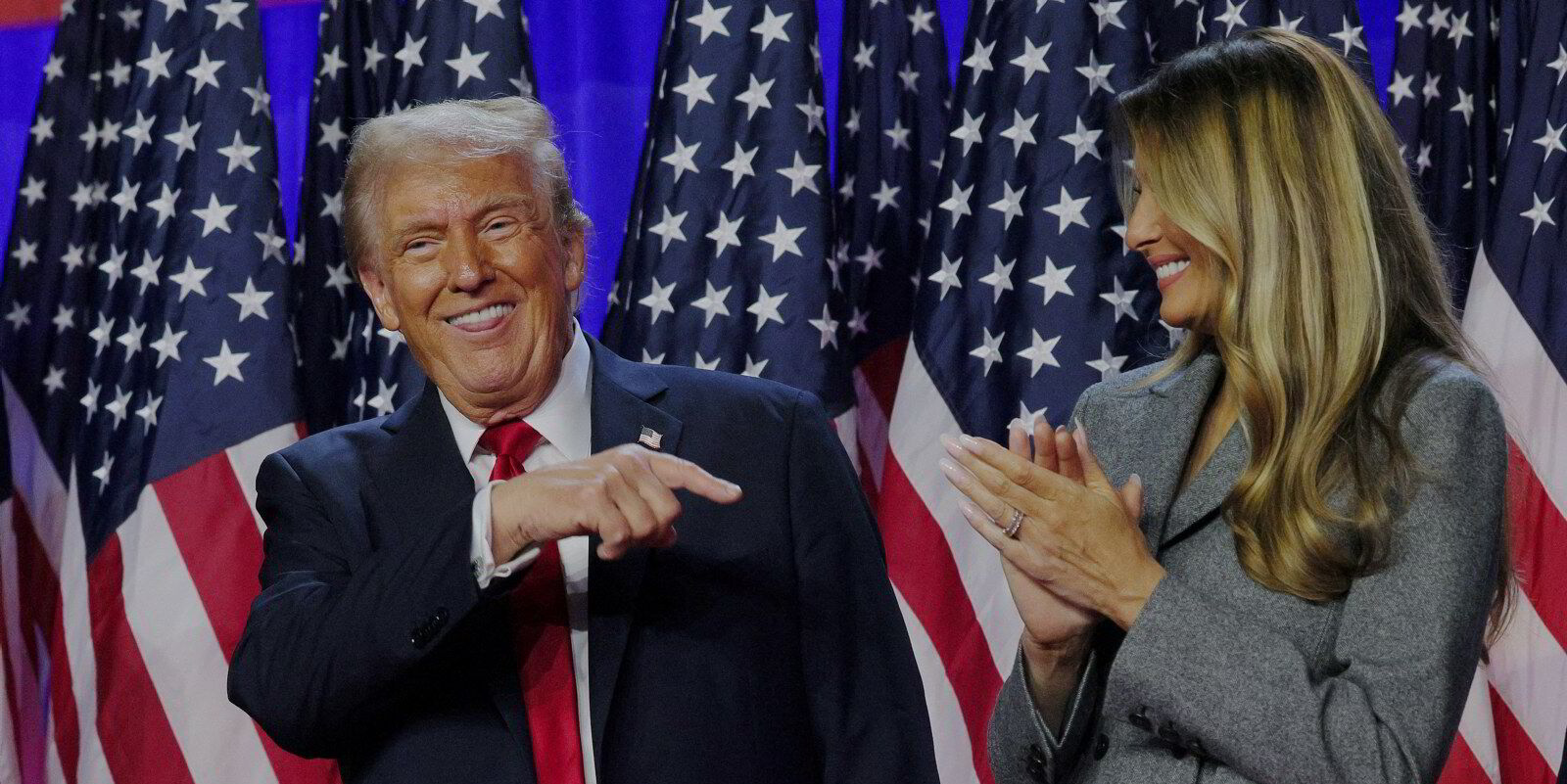
Sanctions experts say that measures aimed at shipping Russian oil are not going away any time soon. But Trump’s past behaviour, albeit before the war in Ukraine, suggests that any clampdown on the sanctioned oil trade will be focused on Iran.
During his first term, he scrapped Barack Obama’s deal to lift sanctions against Iran in return for agreements on the nuclear development programme.
That ushered in a policy of maximum pressure against the regime in Tehran. Tighter sanctions against Iran will cut a major slice of world oil supply and dent tanker demand.
How that will play out in a second term and a new era of confrontation and conflict in the Middle East will be one of the key foreign policy questions of Trump’s presidency.
While US oil and gas exports will have a tailwind with Trump’s energy agenda, exports of soybeans to China will be under scrutiny. Traders have been rushing to export some of this year’s record harvest before the election. China failed to comply with Trump’s 2020 deal to buy more agricultural goods.
There are many more imponderables, including Trump’s own tendency for the mercurial, such as his bid for closer relations with North Korea during his first tenure.
The war in Ukraine and the Covid-19 pandemic have been the major black swan events that have defined the past few years.
What happens next? How will China respond to the presidency and Trump’s proposed tariffs on trade?
Will the next Trump administration mark the moment of increased Chinese assertiveness in the South China Sea against Taiwan?
While the first Trump administration had a legacy of uncertainty, the second Trump term is set for an uncomfortable journey of disruption.
Read more
- US election and China’s stimulus package leave Asian investors on a knife-edge
- This Jones Act-opposing, ex-Hapag-Lloyd employee won’t win the presidential election. But he tried
- Tanker stocks flip into red for first time amid investor ‘general malaise’
- ‘Assume volatility’: How US election outcome could sway shipping stocks in key markets
- Will US election have ‘profound consequences’ for LNG market?
